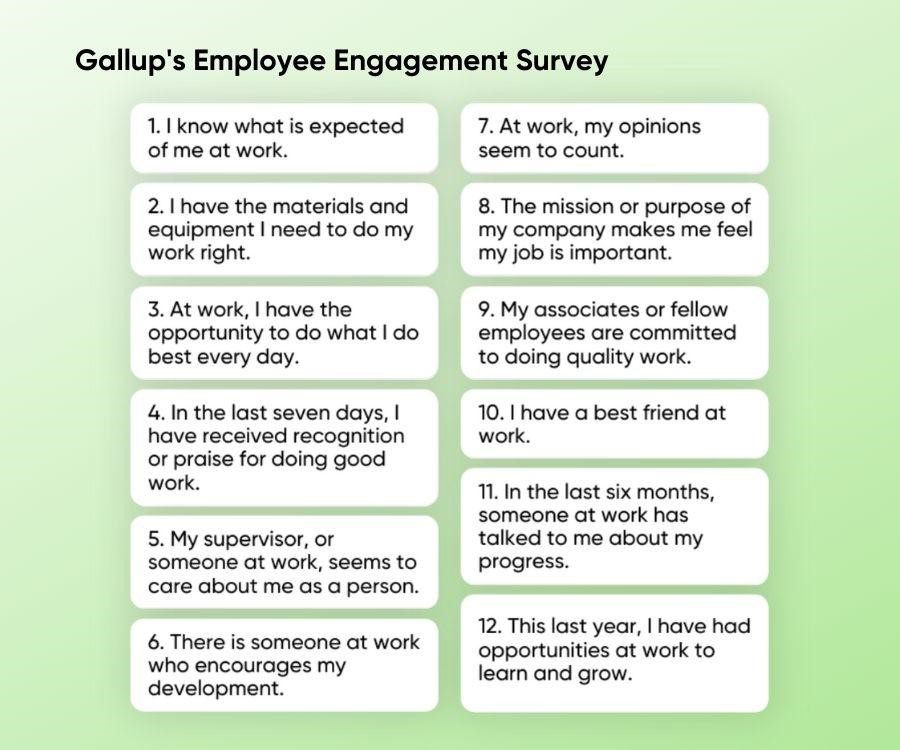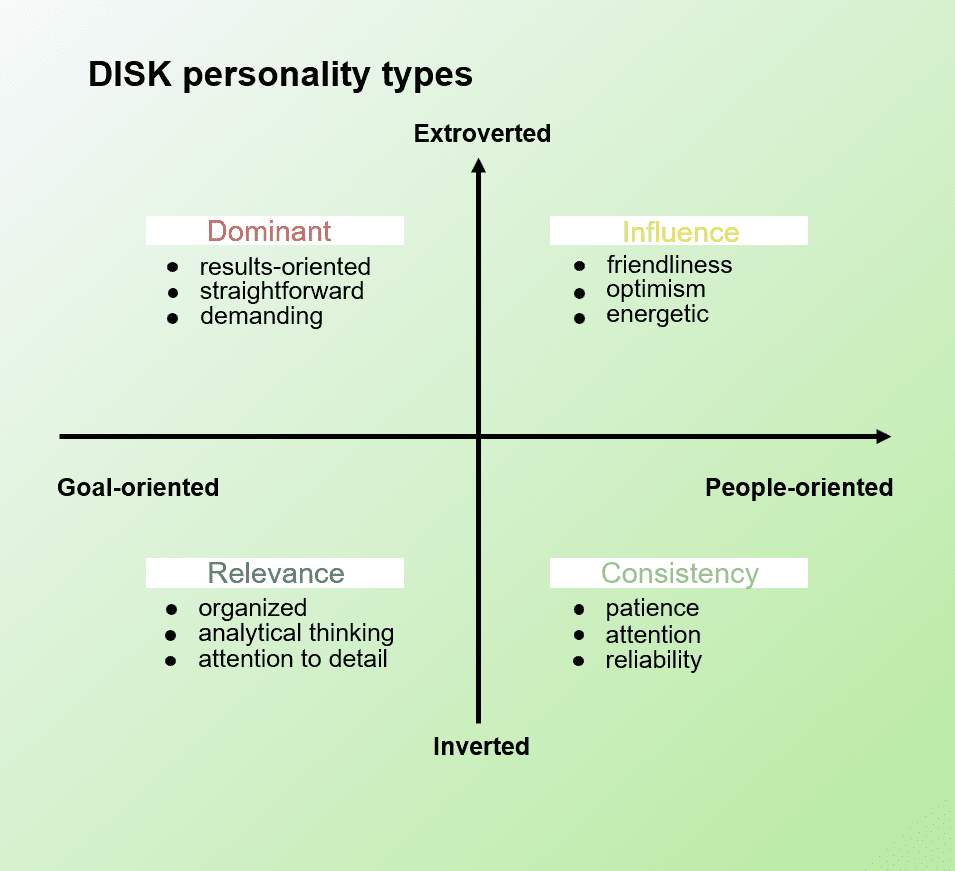How to organize an IT recruiting team
According to a Roberthalf study, 95% of IT leaders think they make hiring mistakes. The reasons vary widely, from determining technical skills to corporate fit. The problem that increasingly escapes attention is the organization of the recruiting team. And they are the ones who determine the effectiveness and success of hire. We talked to Anna Reznikova about the way she manages and motivates her recruiting team. Anna is Recruitment Team Lead in the ITExpert team. She has worked with vacancies in different domains and with different expertise, and has a successful track record of filling a DevOps position in one day. Now Anna manages a team of seven technical recruiters of different levels.
What are the main principles of your interaction with the team?
The main principle for me is to organize the team so that each recruiter knows how to work independently. Specialists should be aware of their tasks and goals for the near future and achieve them without micromanagement and unnecessary control. Then you as a manager will not have to worry about being absent for a week due to illness or being late due to extra rallies.
For example, each week my team and I review the results at a retro (note: a retrospective meeting where the team evaluates the results for a certain period). We look at the big generally, and we examine both the number of candidates sent, and the quality of the processes, such as conversion between stages. We adjust approaches, if necessary. But we do not discuss every single candidate – there is no need to do so.
Of course, in the case of newcomers and Junior Recruiters we need more “intervention” of the manager. It consists in overcommunication, additional pieces of advice and training. In my experience, it is important to give newcomers the skill to come up with their own solutions to problems, not the problems themselves. Then they quickly adapt to the processes and develop creative and critical thinking.
All this is impossible without trust and constant communication. To develop these values within a team, share your problem-solving experiences, case studies, and inspire others to share. Knowledge sharing helps to develop a broad view of recruiting and feel open with the team. In addition, you can always be sure that you will be helped to find a solution for any working case.
At the daily meetings, we discuss the special cases. So, for example, one of the recruiters continued to keep in touch with the candidate even after he refused the offer. The company where the candidate was going to start working withdrew its offer. As a result, the specialist still returned to our vacancy and accepted the offer. Later, the guys from the team began to pay more attention to candidates, even if they did not continue to communicate about our vacancies. Together we concluded: the market is overheated and limited, so you need to contribute 100% for each candidate.
Another principle is to be an example for your team. For me, a good manager is the one who is willing to work hard, rolling up his/her sleeves.
Last year, we conducted an internal test in the company. The team that was able to show the most candidates for a certain period went for the weekend to Lviv. Then I was in the top and did the most mailing lists. This inspired the guys, and as a result we won.
What are the peculiarities of managing a recruiting team?
There is an opinion that the motivation in the recruiting team is similar to the motivation in the Sales department. I am against that opinion. It is impossible to get by in our field exclusively on financial bonuses and competition. You have to add value with your work.
Adizes says, “A good manager is a person who engages ideas”. So we try to be motivated by cool feedback from candidates and the fact that we make other people’s lives better. That is exactly what resonates with both the team and the candidates themselves. I am also sure, if you think about people first, everything else will come naturally. There is no need to convince the candidate that your offer is exceptional, if he/she really does not like the place and is not interested in the domain area. Put yourself in the shoes of a specialist and help him/her wholeheartedly. Maybe in a few years he/she will come back to you when he/she will be looking for work again.
For example, I had a candidate who did not want to continue to communicate with the company. It was necessary to come to the office at least twice a week, and the professional adhered to the principle “remote only”. I helped him to pick up several offers according to his wishes and stack, even though it took my working hours and did not involve financial bonuses. But I got a good contact with the candidate and I still keep in touch with him.
Another example: building long-term relationships. One of my team’s recruiters gave expensive alcohol to a candidate who accepted her offer. This increased his loyalty and certainly set him apart from recruiters who take a conveyor belt approach to people. I am sure, when a professional wants to consider a new offer, he will remember her and ask for help.
Are recruiters individualists or team players?
For me, both are appropriate when it comes to a team of recruiters. Without a team spirit, you cannot achieve common goals, grow and solve problems together. But herewith, everyone also has individual goals and plans.
The latter applies to the characteristics of the professional as well as his/her plans for growth. You as a manager have to understand for whom it is easier to focus on sourcing, sending out a lot of proposals, and who is into conducting interviews or public speaking. This way you will find the right approach to the person, you will know how to help him/her make an individual development plan, what resources to advise.
What managerial and HR tools do you use?
I regularly give and take feedback from the team. It helps to be aware of what is going on in the team. The tools that help me are:
- Gallup Q12 Engagement Questionnaire (quarterly),
- Team Lead Quality Questionnaire (semi-annually),
- Regular one-to-one meetings (regularity depends on each recruiter and manager’s objectives),
- Habit of immediately discussing controversial issues with the team.
What advice would you give to those starting out in management?
I would give some pieces of advice:
- Talk to the team: a lot and often. Be aware of their attitudes and approaches.
- Help the people in the team to develop. For example, use the DISK typology to identify their growth areas.
- Examine yourself as a manager. Learn your strengths and find ways to apply them.
- Do not be afraid to delegate tasks. If you are obsessed with every single task, you will never see the whole picture.
But really, the most important thing is to practice! Do not be distracted by the study of famous slogans and approaches that you cannot apply in your niche, but invent your own. Your experience is unique and only you will know how to do better with experience.
How has the war affected your interaction with your team?
We are still in the process of adapting to the new reality. Even though we are back to work full-time, we are looking for ways to get along with the changes and improve results in the new candidate markets together.
We have started to communicate not about work. On the daily, we discuss the team’s morale and attitude. The way I see it, it is better to be aware and give a person an extra day-off in time than to make them suffer. Everyone is going through a tremendous amount of stress right now. The priority is to keep the whole team, as people are the most valuable thing we have.
I do not require the guys to achieve the pre-war KPIs. Now we are more flexible to adapt to the market and we cannot say that, for example, 100% of investments in the mailing list will show 100% of the results in the offers. That said, everyone in the team knows the overall goal of the company, which will help us stay afloat. Having trust in the team means having the confidence that everyone will do what is necessary for overall success.


